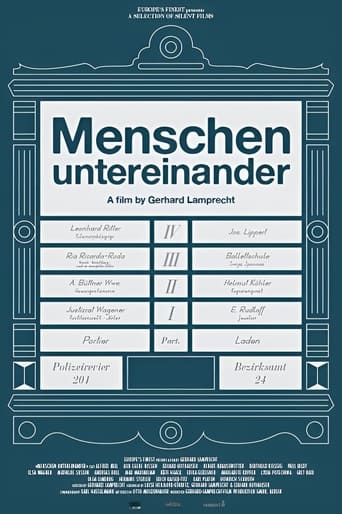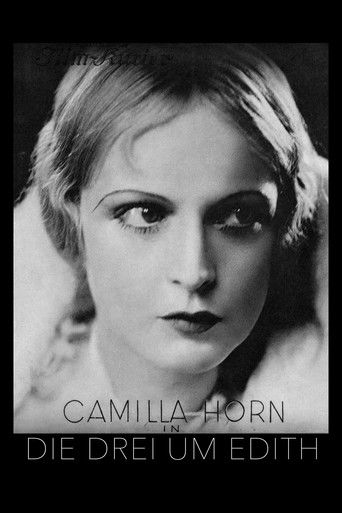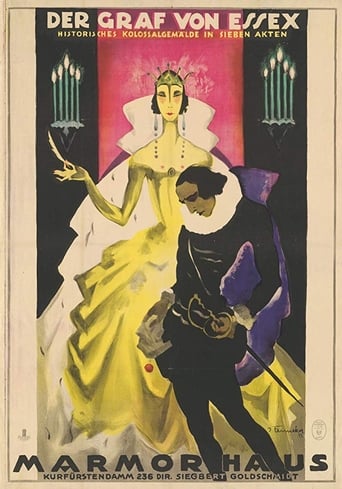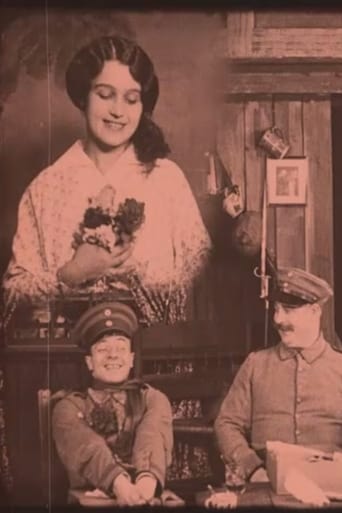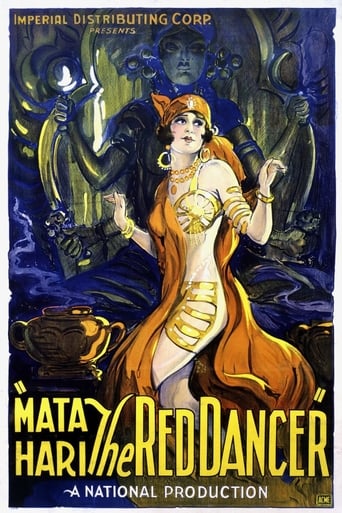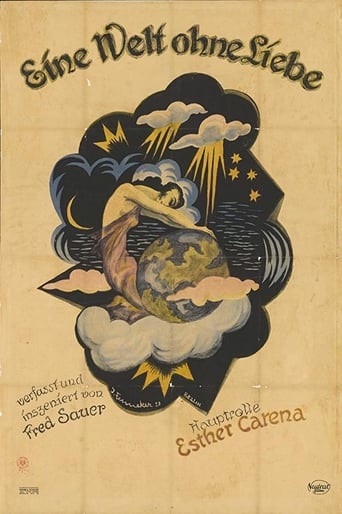National-Film
The Folk Upstairs 1926
In "Menschen Untereinander" ("The Folk Upstairs"), director Gerhard Lamprecht sketches a cross-section of Germany's new post-war society, with its winners, social climbers, and losers, represented by the social microcosm of an apartment building. The gossip-mad Frau Mierig (Lydia Potechina) from the rear building gives the newly-arrived Frau Kaminski (Käthe Haack), the janitor's wife, a lively initiation into the tenants and their peculiarities.
Three Around Edith 1929
Notorious jewel thief Roger "Tiger" Brown sneaks into the trust of diamond dealer Thomas Morland. Not only does Morland's jewels appeal to him, but also his fiancée, Lady Edith Trent. But when Morland acquires the largest diamond in the world in Amsterdam, Brown decides against Edith and for the diamond, takes it and runs away.
Der Graf von Essex 1922
The Earl of Essex, a person favourite of the Queen, is in jeopardy of losing his relationship with the monarch after secretly marrying one of the Queen's ladies-in-waiting.
Her Sergeant 1914
Ihr Unteroffizier offers a private and "childish" view of the war: that of a young girl who writes to three soldiers and sends them food and warm socks.
Mata Hari: the Red Dancer 1927
Mata Hari, die rote Tänzerin (English: Mata Hari: The Red Dancer), often shortened on release to Mata Hari, is a 1927 German silent drama film directed by Friedrich Feher and starring Magda Sonja, Wolfgang Zilzer and Fritz Kortner. It depicts the life and death of the German World War I spy Mata Hari. It was the first feature-length portrayal of Hari.
Mein Herz gehört Dir... 1930
German drama

